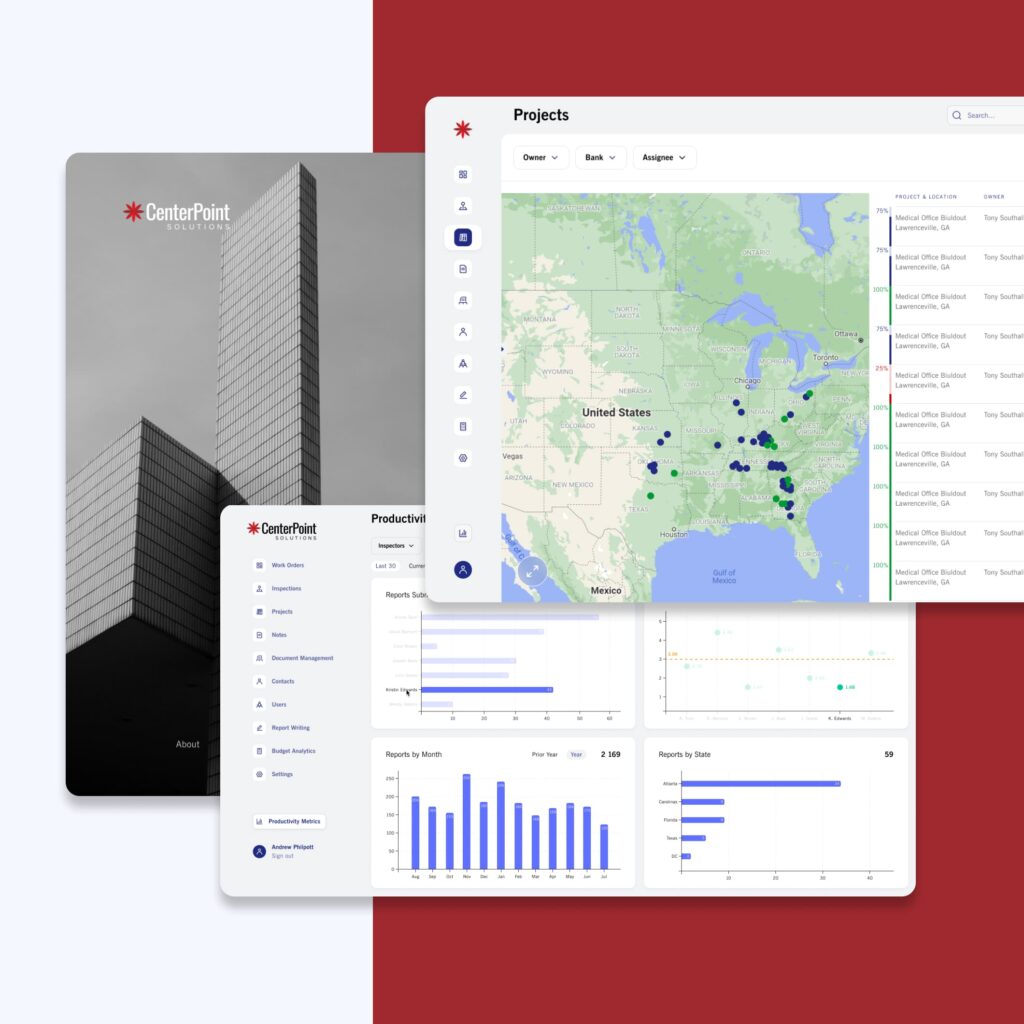Blog
Protecting Intellectual Property: Best Practices in Document Security for SAAS

Outsourcing software development has emerged as a strategic choice for businesses seeking to gain a competitive edge.
It enables companies to leverage external expertise, reduce operational costs, and access cutting-edge technology from virtually anywhere in the world.
However, this practice has a caveat – the potential risk to your intellectual property.
Adhering to a set of security best practices can help ensure that you can get the tech support you need without compromising the safety of your documents.
Whether you are an established tech company looking to outsource development tasks or a startup seeking external support, understanding and implementing these best practices can help you safeguard your most valuable asset – your intellectual property.
The Importance of Document Security in Tech Outsourcing
Tech outsourcing has revolutionized the way businesses operate, offering access to a vast pool of global talent and specialized expertise.
However, in the pursuit of progress, it’s easy to underestimate the potential risks to your company’s data and intellectual property. Keeping your internal documents secure is important for several reasons.
First, your company’s documents contain proprietary information that sets you apart from competitors in your market.
Failing to secure these assets during the outsourcing process can lead to catastrophic consequences, including theft or misuse of your proprietary information.
Moreover, your internal documents likely contain sensitive data belonging to your employees and/or clients.
Beyond the damage that a data breach can wreak on your valued team members and clients, failure to secure their data can lead to legal trouble for your company.
Various regulations, such as GDPR (General Data Protection Regulation) in Europe and HIPAA (Health Insurance Portability and Accountability Act) in the healthcare industry, mandate the protection of sensitive data.
Ignoring these regulations can result in severe penalties, not to mention damage to your company’s reputation.
The consequences of a breach can be far-reaching, affecting not only your intellectual property but also your day-to-day operations.
By prioritizing document security, you ensure the continuity of your business and minimize disruptions that could result from data breaches or legal issues.
Understanding Intellectual Property in Tech Outsourcing

Outsourcing software development or another technical aspect of your business requires a high degree of trust.
When outsourcing tech functions, you cede a degree of control over your intellectual property and data.
Any tech outsourcing relationship involves the exchange of sensitive information. This might include proprietary information like patents, trademarks, copyrights, trade secrets, and creative strategies.
According to the Commission on the Theft of American Intellectual Property, IP theft costs the U.S. economy between $225 billion and $600 billion annually.
This staggering figure demonstrates the financial impact of IP theft, making the protection of intellectual property even more crucial when outsourcing tech functions.
Tech startups, with their innovative ideas and limited resources, are particularly vulnerable to IP theft in outsourcing. Protecting their intellectual property is often a critical factor for survival and growth.
Document Security Challenges in Tech Outsourcing
Simply put, digital documents are vulnerable. Despite our best efforts, thousands of data breaches occur every year.
While tech outsourcing offers many benefits, it can present some challenges that business owners must consider to keep their internal documents and intellectual property secure.
First, the simple fact is that outsourcing partners typically require access to your systems, databases, and networks to perform their tasks. This access introduces the potential for data breaches or unauthorized access to sensitive information if not properly monitored and controlled.
Tech outsourcing often involves collaboration with companies from different geographic regions and cultural backgrounds.
These differences can lead to varying data security awareness and practices, and disparate privacy and security regulations.
Tech outsourcing often involves the exchange of sensitive information, including source code, proprietary algorithms, and confidential business strategies.
The transfer of such data over networks and between geographical locations exposes it to interception and unauthorized access, increasing the risk of data breaches.
What’s more, many outsourcing agreements do not take security into account.
Failure to define and articulate document security expectations and responsibilities in outsourcing contracts can lead to misunderstandings and a lack of accountability when breaches occur.
Best Practices for Protecting Intellectual Property

To help protect your internal documents and intellectual property when working with a tech outsourcing partner, consider the following best practices.
Begin with a well-constructed non-disclosure agreement (NDA) that explicitly defines the confidential information being shared and includes clear language outlining the consequences of breach.
Consider encrypting or password-protecting your PDFs. Password protection will help control who has access to certain documents and avoid unwanted edits.
Encryption helps safeguard your documents even if they are intercepted or if unauthorized access occurs.
Deploy systems for real-time monitoring and alerts to detect any unusual activities or potential security breaches. These systems can notify you immediately if there is a threat to your document security.
Educate employees and outsourcing partners on security best practices and the importance of document security.
Foster a culture of security within your organization and among your collaborators.
Classify your data based on sensitivity. Implement strict access controls to ensure that only authorized individuals can access and modify sensitive documents. Use role-based access to limit privileges to what’s necessary for specific job functions.
And of course, choose your partners carefully.
Conduct thorough due diligence to select a reputable outsourcing partner with a track record of adhering to security standards and respecting intellectual property rights.
Future Trends in Document Security and Tech Outsourcing
As the landscape of technology and business continues to evolve, so do the challenges and opportunities in document security within the realm of tech outsourcing.
Artificial intelligence will likely play a more significant role in document security.
AI can identify anomalies and patterns in data access, helping organizations detect potential threats and unauthorized document sharing more effectively.
Likewise, the demand for secure collaboration tools and privacy-enhancing technologies will continue to grow.
Keeping a watchful eye on these trends and adapting your document security practices accordingly will be essential to maintaining the integrity of your intellectual property in tech outsourcing.
Read more


Case study:
Centerpoint Solutions
How Centerpoint grew to manage 500 commercial construction projects per month in 12 mo...

Ultimate Guide to Nearshore Software Development

The Ethical Considerations of AI-Powered Chatbots in Healthcare

All the Software Development and AI Trends to Be Aware Of

What Are the Top 14 Examples of Custom Software Development?
Create a free plan for growth
Speak to Victor and walk out with a free assessment of your current development setup, and a roadmap to build an efficient, scalable development team and product.
“Victor has been great. Very responsive and understanding and really knows his stuff. He can go the extra mile by tapping into his prior experiences to help your company out. Really enjoyed working with him.”
Founder of Agency360

Victor Purolnik
Trustshoring Founder
Author, speaker, and podcast host with 10 years of experience building and managing remote product teams. Graduated in computer science and engineering management. Has helped over 300 startups and scaleups launch, raise, scale, and exit.